DuMOR All-Natural Small Pet Botanical Hay, 48 oz.
The DuMOR All-Natural Small Pet Botanical Hay is great for adult-aged small animals needing some natural nutrients and proteins in their diet. This small animal hay is made with Botanical hay, a natural blend of flowers, herbs, leaves and Timothy hay, which is perfect for hamsters, gerbils, guinea pigs and chinchillas. This small pet hay includes chamomile flowers, hibiscus flowers, blue cornflowers, rose petals, raspberry leaves, birch leaves, marigold flowers and nettle leaves for nutrition.
The DuMOR All-Natural Small Pet Botanical Hay is great for adult-aged small animals needing some natural nutrients and proteins in their diet. This small animal hay is made with Botanical hay, a natural blend of flowers, herbs, leaves and Timothy hay, which is perfect for hamsters, gerbils, guinea pigs and chinchillas. This small pet hay includes chamomile flowers, hibiscus flowers, blue cornflowers, rose petals, raspberry leaves, birch leaves, marigold flowers and nettle leaves for nutrition.
- Ideal for adult-aged rabbits, hamsters, gerbils, guinea pigs and chinchillas
- Made with Botanical small pet hay, a natural blend of aromatic flowers, herbs, leaves and soft Timothy hay
- Chamomile flowers are sweet-smelling, colorful, healthy and fun to eat
- Hibiscus flowers are fibrous and help support digestive health
- Blue cornflowers are rich in calcium and vitamin C; they’re also known to help support gut health
- Rose petals, raspberry leaves and birch leaves are rich in vitamin C and contain a wealth of natural micro and macro nutrients
- Marigold flowers, birch leaves and nettle leaves are delicious and help support a healthy digestive system
- High in fiber, protein and other vitamins and minerals
- Long-strand source of high-fiber helps support digestion
- Contains no additives and preservatives
- Small animal hay helps promote dental health
- Sealed bag packaging helps keep the hay fresh
- Made in the USA
- Comes in a 48 oz. bag of small pet hay
- Satisfaction guaranteed
Additional information
| Hay Type | Timothy |
|---|---|
| Health Features | General Wellness |
| Life Stage | Adult |
| Packaged Height | 18 in. |
| Packaged Length | 4 in. |
| Packaged Weight | 3 lb. |
| Packaged Width | 11.5 in. |
| Package Weight | 3 lb. |
| Special Diets | Preservative Free |
| Manufacturer Part Number | 42934 |

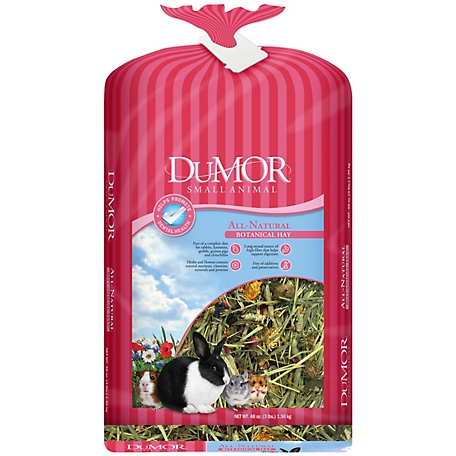
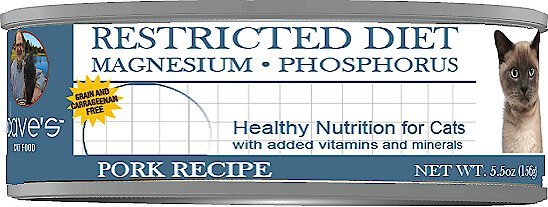
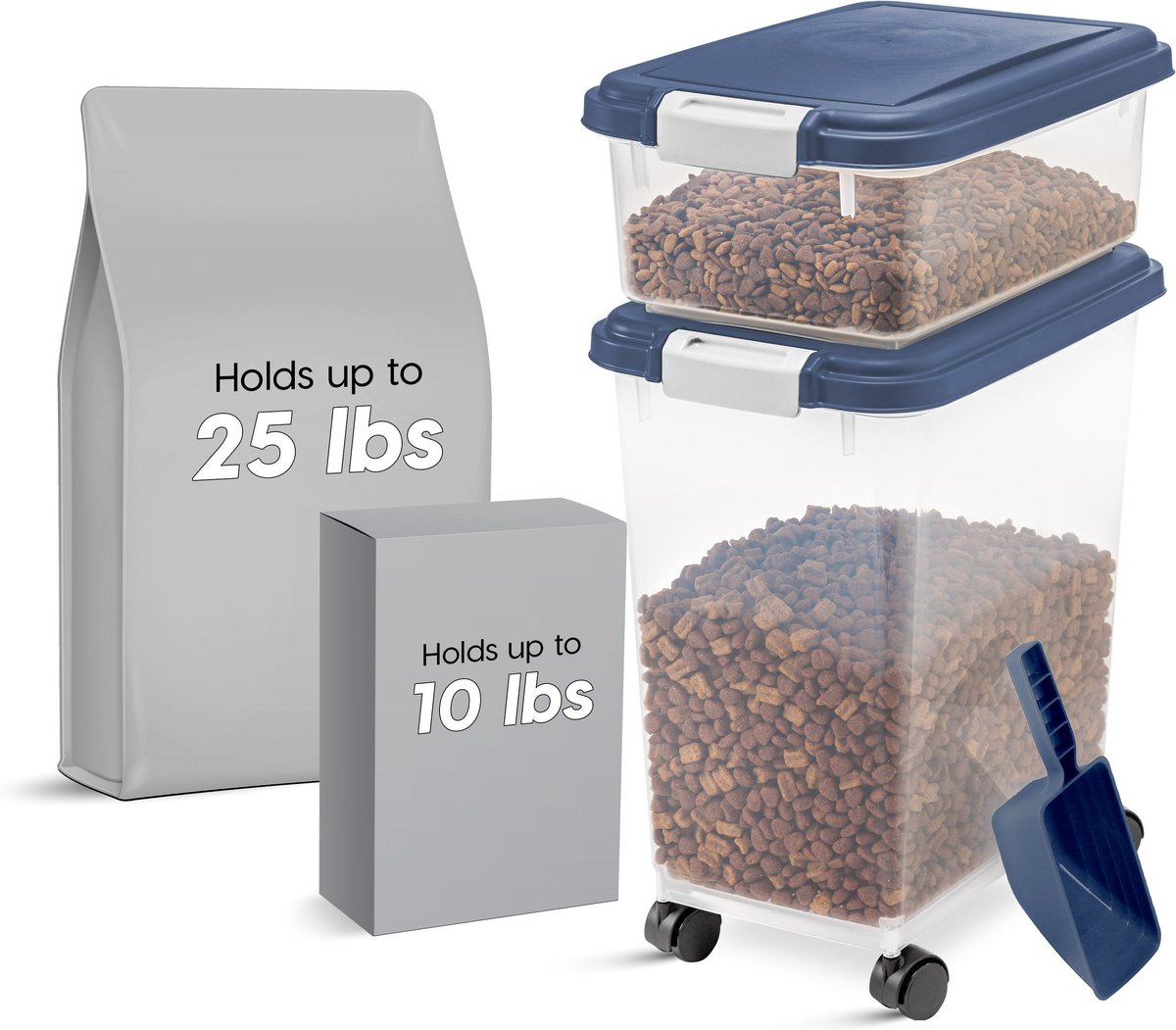
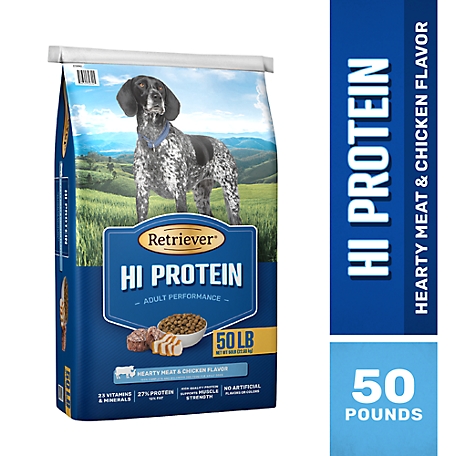
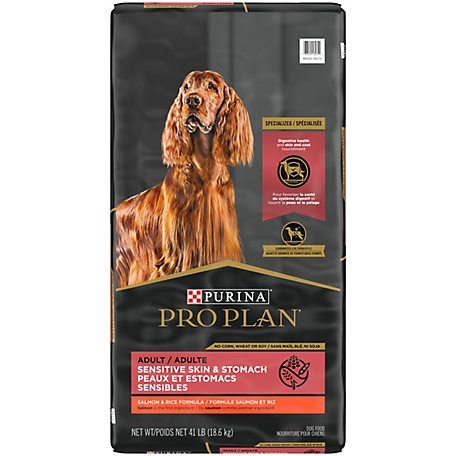
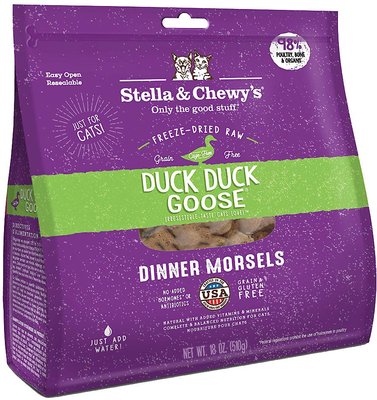

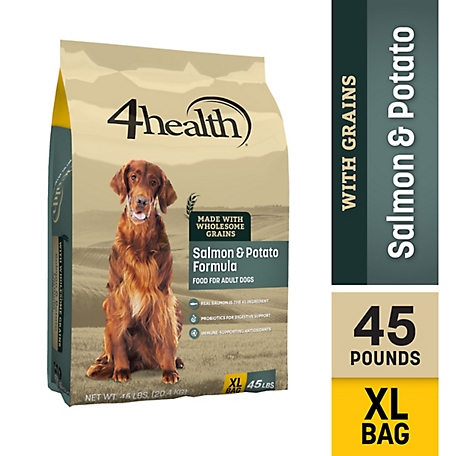
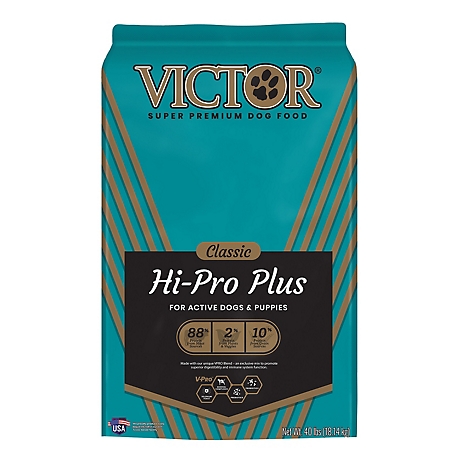
by Chris
My bunnie’s love this hay!!
by Shelly
My bun loves this hay! It is a great break from the boring hay.
by Debbie
Bunnies like it.
by Taylor
I have two huge tortoises and they live this hay, live the flowers.